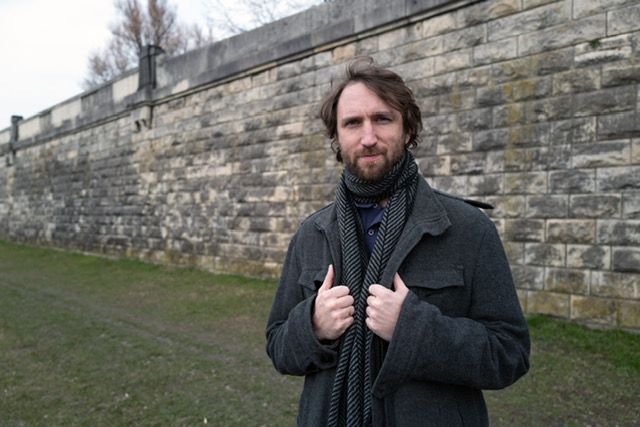The Russian-Chinese asymmetry
MACIEJ MAKULSKI: I want to start with a personal question about your approach to learning about, researching and describing Russia and China. It is a broad subject and, I guess, it is quite easy to replicate western calques when talking about these countries.
MICHAŁ LUBINA: Thank you for this question. No one has ever asked me that before. I research Russian-Chinese relations and Myanmar, and it is a lot. Regarding my cognitive beginnings, when I was 17, I went backpacking in Syria, and since then, I have travelled a lot. I cannot talk about a country if I haven't been there. Later, I enrolled in a Russian studies course at the Jagiellonian University in Kraków which taught me to look at a country through its culture, language and codes. It is, therefore, the antithesis of western universalism. Cultural relativism makes you look at each country through its lens.
November 20, 2023 -
Maciej Makulski
Michał Lubina
-
Hot TopicsIssue 6 2023Magazine

Photo: Michał Zieliński

































